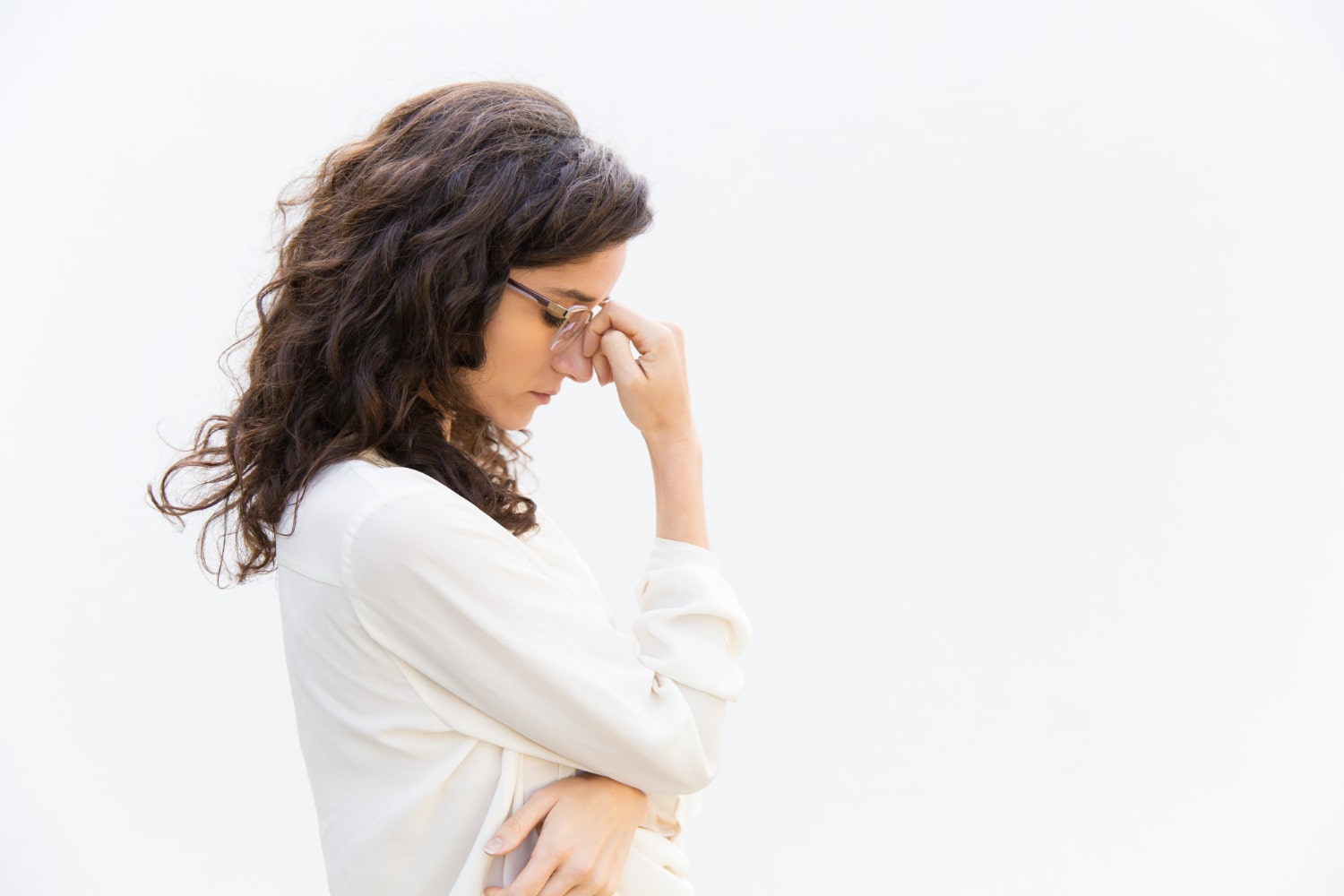As a prevalent mental health issue, depression affects millions of people worldwide, and it can be challenging to recognize and treat. Depression is a serious medical condition that affects how a person thinks, feels, and behaves, causing persistent feelings of sadness, hopelessness, and loss of interest in everyday activities.
In this comprehensive guide, we will explore the signs, symptoms, and treatment options for depression. We will also discuss the latest research on the topic, so you can stay up to date with the most current information.
What is Depression?
Depression is a mental health disorder that affects a person’s mood, thoughts, and behavior. It can impact people of all ages, races, and genders, and it can manifest in different ways. Depression is characterized by feelings of sadness, hopelessness, and worthlessness, which can affect a person’s ability to function in their daily life.
Depression is a complex disorder that is caused by a combination of genetic, environmental, and biological factors. It is not a sign of weakness or a personal failing, and it can be treated with the right interventions.
Signs and Symptoms of Depression
Depression can present in many different ways, and the signs and symptoms can vary from person to person. However, some common signs and symptoms of depression include:
- Persistent feelings of sadness, hopelessness, or emptiness
- Loss of interest in activities that were once enjoyable
- Feelings of guilt, worthlessness, or helplessness
- Changes in appetite or weight
- Difficulty sleeping or oversleeping
- Fatigue or lack of energy
- Difficulty concentrating or making decisions
- Physical symptoms, such as headaches, stomachaches, or chronic pain
- Thoughts of self-harm or suicide
If you or someone you know is experiencing any of these symptoms, it is essential to seek help from a mental health professional.
Treatment Options for Depression
Depression is a treatable condition, and there are several effective treatments available. The most common treatments for depression include:
- Psychotherapy: Psychotherapy, also known as talk therapy, is a type of mental health treatment that involves talking to a trained mental health professional. This type of therapy can help you identify and change negative thought patterns and behaviors that contribute to depression.
- Medication: Antidepressant medication can be an effective treatment for depression. These medications work by altering brain chemistry and can help improve mood and reduce symptoms.
- Lifestyle changes: Making positive lifestyle changes, such as regular exercise, healthy eating habits, and getting enough sleep, can also help improve symptoms of depression.
It’s essential to work with a mental health professional to determine the best treatment plan for your individual needs.
FAQs about Depression:
Q: Can depression be cured?
A: While depression can be a chronic condition, it can be managed with proper treatment. Many people with depression experience significant symptom relief with the right interventions.
Q: What causes depression?
A: Depression is caused by a combination of genetic, environmental, and biological factors. Trauma, stress, and other life events can also contribute to the development of depression.
Q: How long does depression last?
A: Depression can be a chronic condition, and the length of the depressive episode can vary from person to person. Some people may experience brief episodes of depression, while others may experience longer episodes.
Q: Can exercise help with depression?
A: Yes, regular exercise has been shown to improve symptoms of depression. Exercise releases endorphins, which can improve mood and reduce symptoms.
Q: Can depression affect physical health?
A: Yes, depression can impact physical health and increase the risk of developing other health conditions, such as heart disease and diabetes.
Conclusion
Depression is a serious mental health disorder that can have a significant impact on a person’s life. However, it is a treatable illness, and there are several effective treatment options available. If you or a loved one is experiencing symptoms of depression, seek help from a mental health professional. Remember, it’s okay to not be okay, and there is no shame in seeking help.






